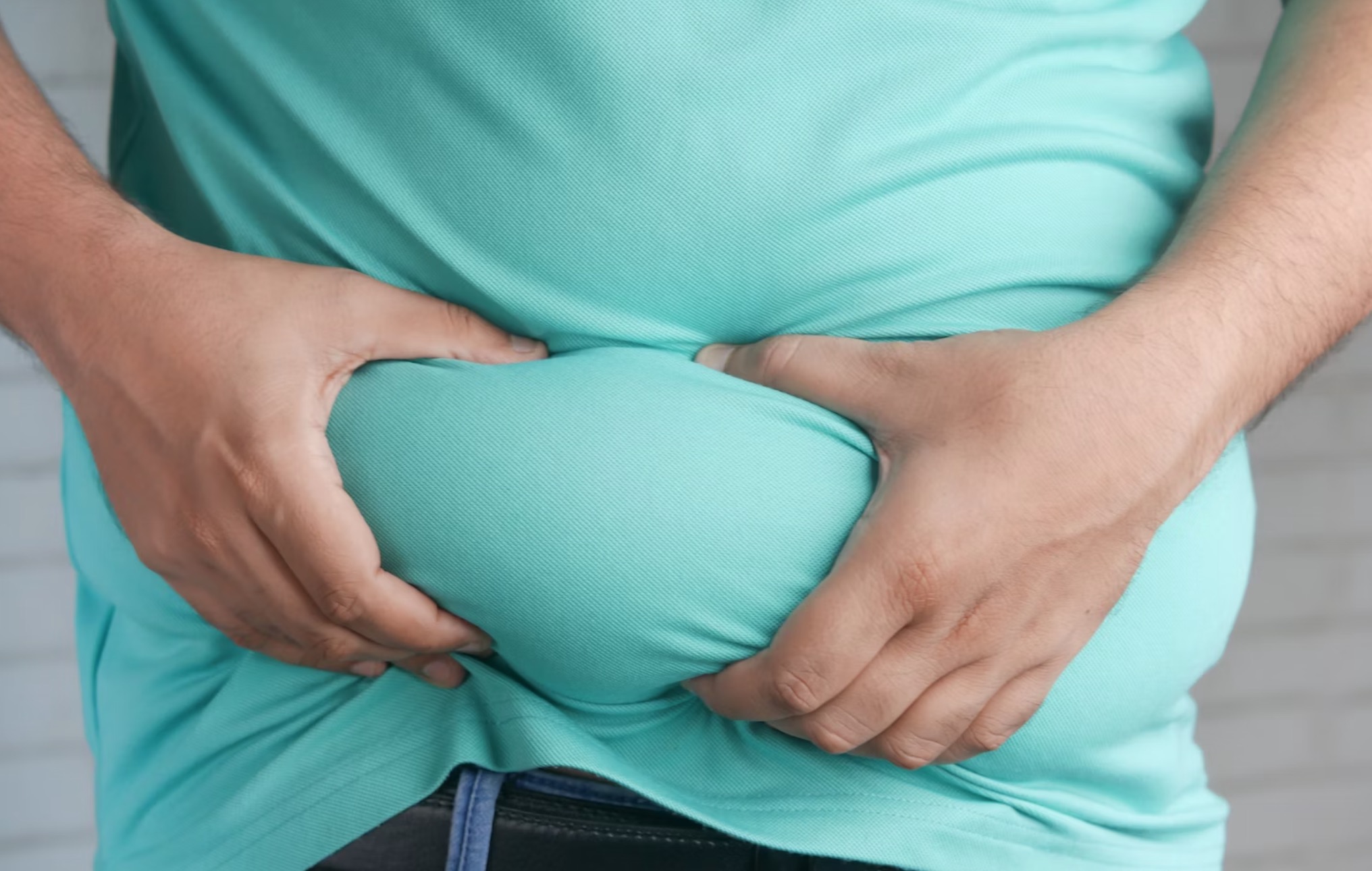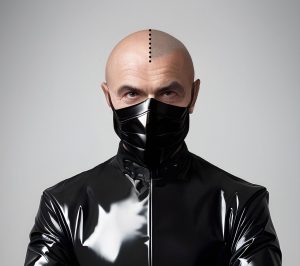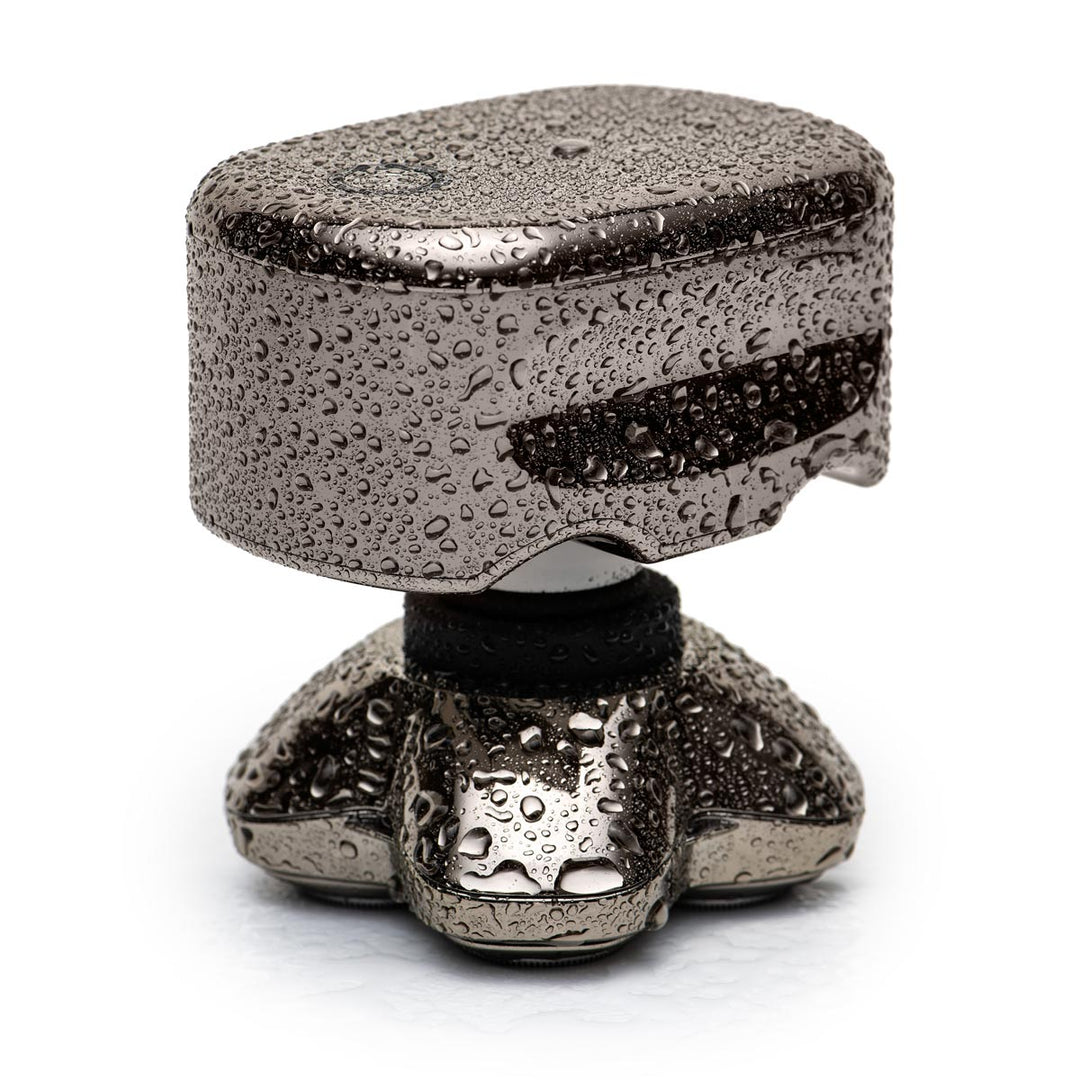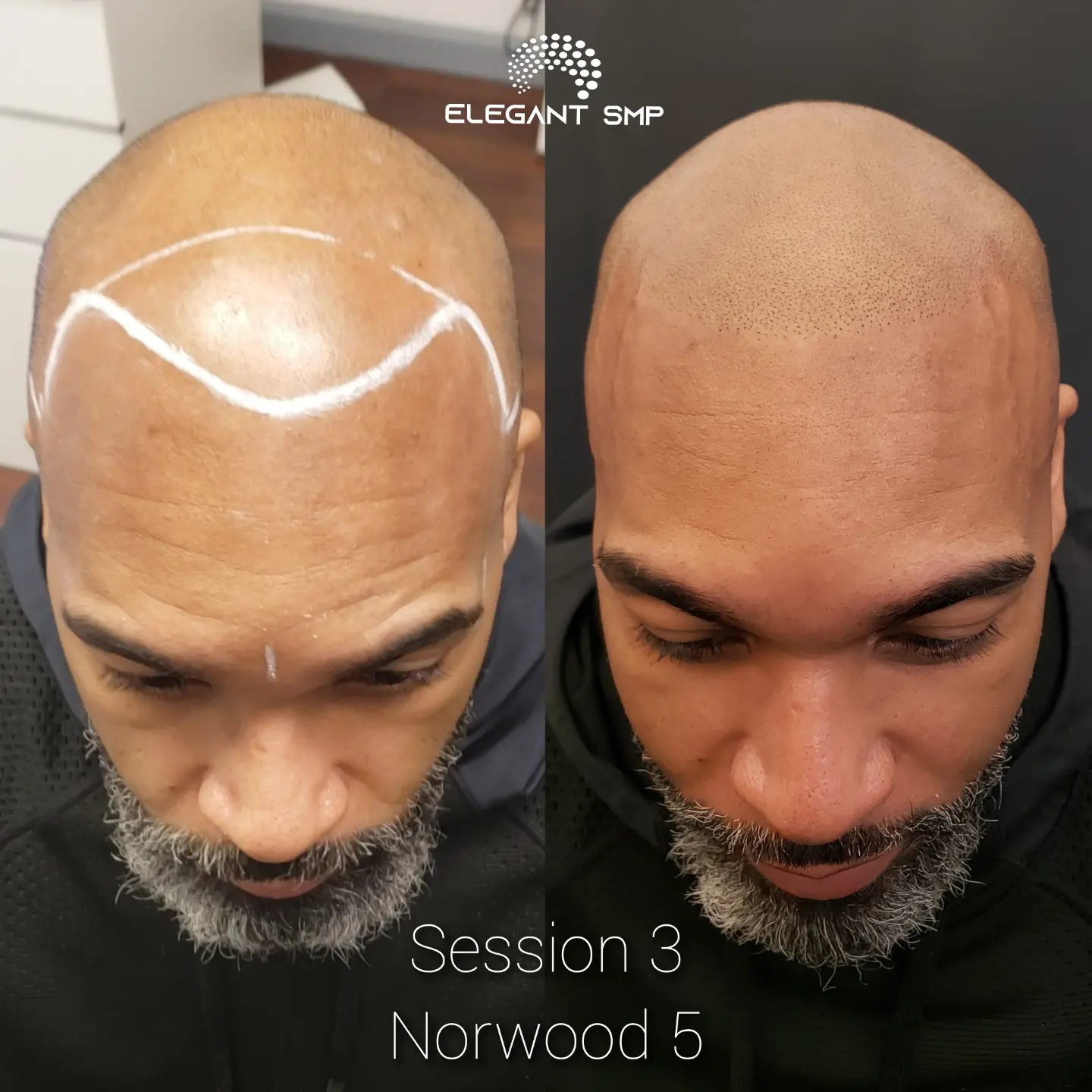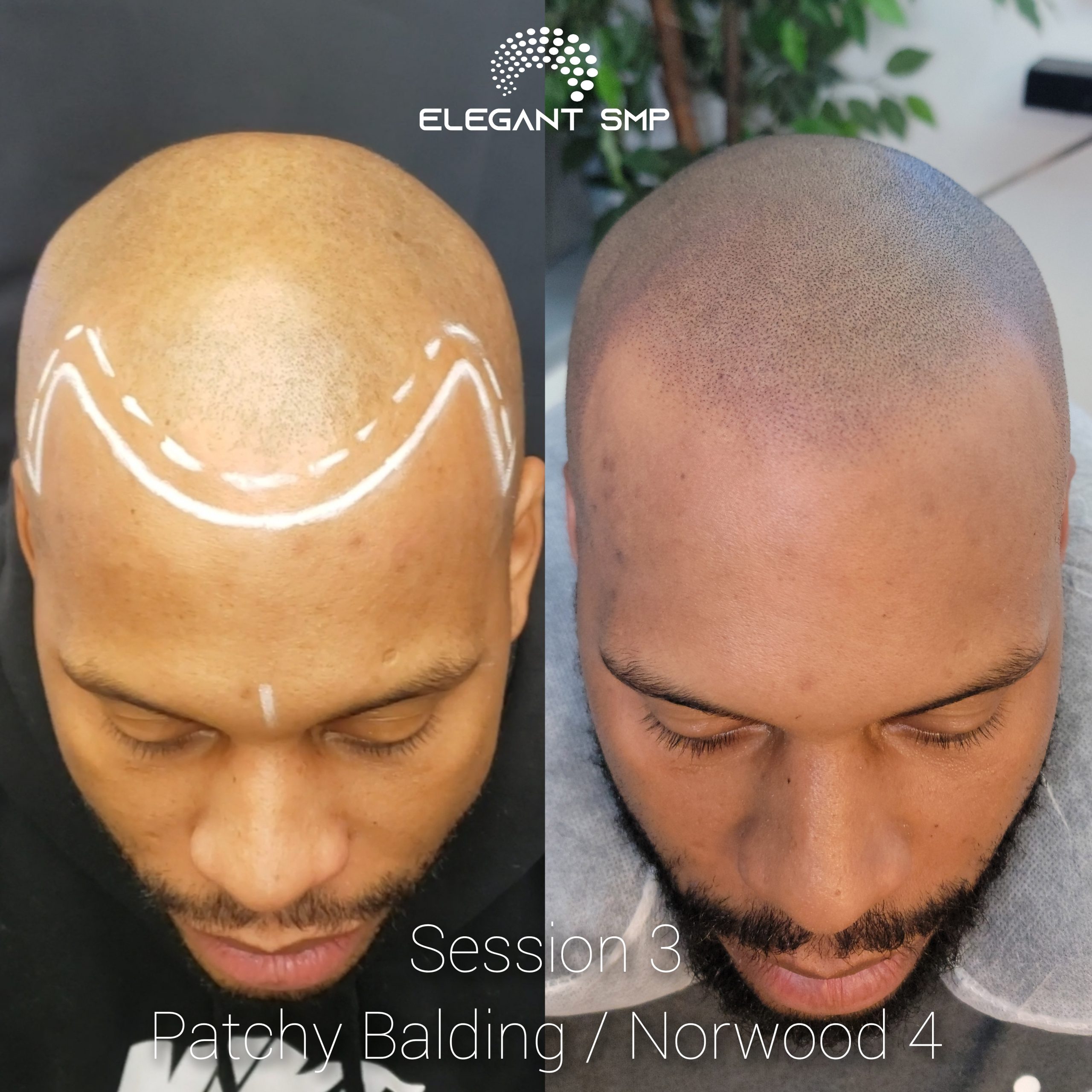If you’re considering Mounjaro as a treatment option for weight loss and blood sugar management, you may have some concerns regarding temporary hair loss associated with the drug. At Elegant SMP, we understand that hair loss can cause distress and affect self-confidence, so we’re here to provide comprehensive information on the topic.
Hair loss is often associated with a variety of medical conditions, lifestyle choices, and medications. When it comes to Mounjaro, hair loss is a rare and temporary side effect that affects a small percentage of patients. In this article, we aim to provide clarity on the topic, so you can make informed decisions about your health and treatment options.
Disclaimer: The information provided on this site is for educational purposes only, and does not substitute for professional medical advice.
Table of Contents
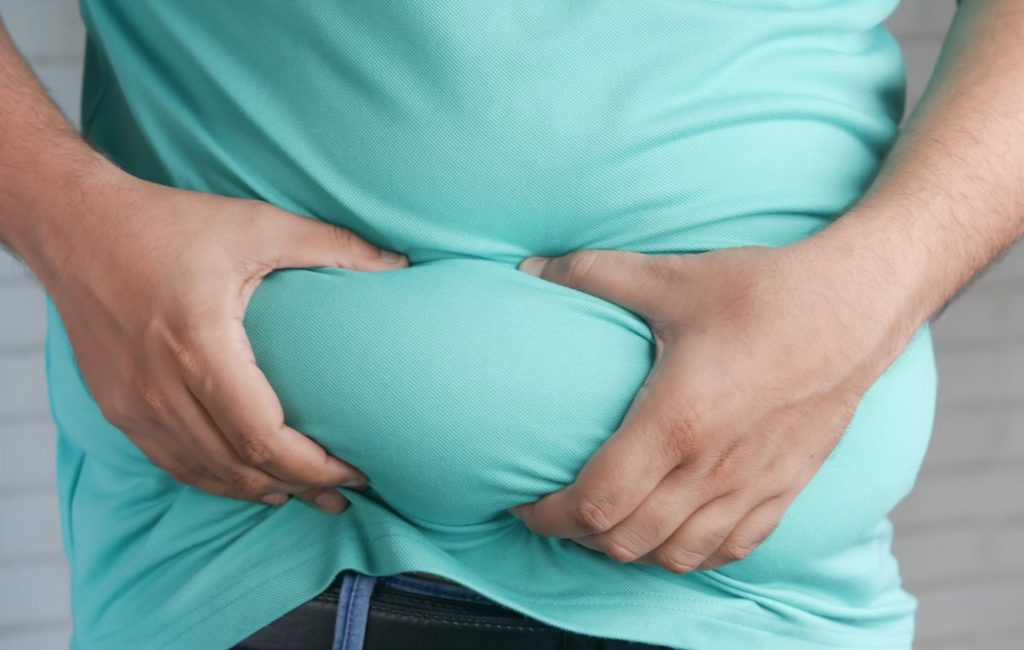
Who is Affected by Hair Loss and Mounjaro?
Mounjaro is an off-label prescription drug for weight loss. This means that doctors can prescribe it to overweight individuals, although it is not officially approved for this purpose. During clinical trials, approximately 6% of patients on higher doses of Mounjaro reported experiencing alopecia, aka hair loss. However, according to Dr. Vijaya Surampudi, Assistant Director of the UCLA Weight Management Program, hair loss is unlikely to be directly caused by Mounjaro itself. Interestingly, 1% of patients on placebo also reported experiencing temporary hair loss, indicating that factors other than Mounjaro might contribute to this occurrence.
The Connection Between Weight Loss and Temporary Hair Loss
Weight loss and stress often go hand in hand, especially when individuals embark on restrictive diets. Restrictive dieting and closely monitoring daily caloric intake can lead to increased perceived stress levels. This stress response has been shown to inhibit the stem cells necessary for hair growth. Therefore, individuals who engage in calorie-controlled or restrictive diets may experience temporary hair loss owing to heightened cortisol levels and the stress imposed on their bodies.
We suggest using a holistic approach to weight loss that incorporates healthy lifestyle habits like exercise and balanced nutrition. By pairing weight-loss treatments with sustainable long-term plans, the risk of hair loss can be reduced, and stress levels can be kept in check.
Understanding Hair Loss Mechanisms
To comprehend hair loss, it is crucial to understand the natural hair growth cycle. Hair follicles produce hair, with older hair cells being pushed out of the skin as the follicles grow. Hair undergoes four growth phases throughout its lifecycle:
- Anagen Phase: This is the growth phase, during which new hair is formed.
- Catagen Phase: Hair growth becomes inactive for a specific set of hair cells.
- Telogen Phase: Hair strands remain in their follicles without growing.
- Exogen Phase: Individual strands fall out of their follicles to initiate new growth.
Hair loss occurs when the growth cycle is disrupted, specifically when the anagen phase is cut short, and the telogen phase begins prematurely. However, once your body adjusts to weight loss and achieves stability, the hair growth cycle should return to normal.
Is Hair Loss Permanent?
Temporary hair loss stemming from weight loss is rarely permanent. Once your body adjusts to your new weight, it often resumes its normal functions, including the natural hair growth cycle. Patients undergoing weight loss surgery, for instance, are frequently informed that temporary hair loss may occur within the first three months post-surgery.
Temporary hair loss due to perceived body stress is known as telogen effluvium. This condition arises when a significant change or sustained stress leads your body to prioritize vital functions by diverting vitamins and minerals from the hair follicles. Once your weight stabilizes, hair loss usually subsides, and hair restoration occurs.
Reducing the Risk of Hair Loss While Using Mounjaro
To minimize the chances of experiencing side effects while using Mounjaro, you can take several measures. We suggest the following:
- Follow the Recommended Plan: Adhere to the nutritional and exercise plan outlined by your practitioner to supplement the effects of Mounjaro.
- Consider Nutritional Supplements: Discuss incorporating supplements like zinc, Vitamins A, B, and C, and iron into your regimen to ensure your body receives the necessary nutrients. However, it’s essential to follow the recommended doses, as excessive supplementation can also contribute to hair loss.
- Prioritize Protein Intake: Include an adequate amount of protein in your diet based on the guidelines provided by your practitioner. Protein plays a crucial role in hair health and growth.
- Consistency is Key: Stick to the prescribed guidelines for using the weight loss drug, as altering your intake may impact the results and potentially exacerbate hair loss. Give your body sufficient time to adjust to the weight loss process.
Conclusion
If you’re concerned about hair loss while using Mounjaro or other weight-loss drugs, consult your primary care physician. They can evaluate your hair loss and determine if it’s related to Mounjaro or any other factors such as underlying medical conditions, medications, or lifestyle choices. Your primary care physician may also refer you to a specialist for further evaluation and treatment options.
At Elegant SMP, we understand the struggles associated with hair loss and the importance of finding a solution that works for you. We provide premium scalp micropigmentation services, the most natural-looking and undetectable SMP treatment available for those who are bald and seek to rock that freshly shaved look, getting a frame back to their face.
Learn more about our services and how we can help you get your hairline back if you’re suffering from any kind of hair loss. Have a nice day!

